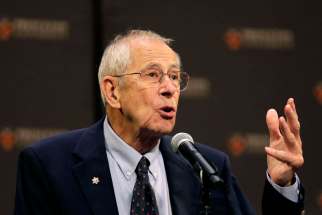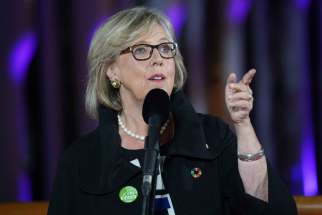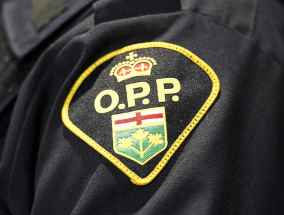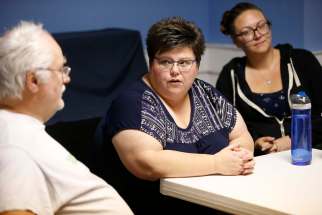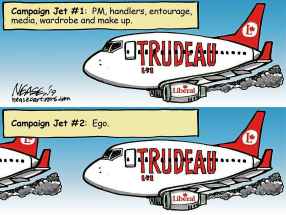Federal leaders debate falls flat on Indigenous issues
Read this article for free:
or
Already have an account? Log in here »
To continue reading, please subscribe:
Monthly Digital Subscription
$0 for the first 4 weeks*
- Enjoy unlimited reading on winnipegfreepress.com
- Read the E-Edition, our digital replica newspaper
- Access News Break, our award-winning app
- Play interactive puzzles
*No charge for 4 weeks then price increases to the regular rate of $19.00 plus GST every four weeks. Offer available to new and qualified returning subscribers only. Cancel any time.
Monthly Digital Subscription
$4.75/week*
- Enjoy unlimited reading on winnipegfreepress.com
- Read the E-Edition, our digital replica newspaper
- Access News Break, our award-winning app
- Play interactive puzzles
*Billed as $19 plus GST every four weeks. Cancel any time.
To continue reading, please subscribe:
Add Free Press access to your Brandon Sun subscription for only an additional
$1 for the first 4 weeks*
*Your next subscription payment will increase by $1.00 and you will be charged $16.99 plus GST for four weeks. After four weeks, your payment will increase to $23.99 plus GST every four weeks.
Read unlimited articles for free today:
or
Already have an account? Log in here »
Hey there, time traveller!
This article was published 08/10/2019 (2259 days ago), so information in it may no longer be current.
In a reflection of the more than 8,000 questions submitted by Canadians for the lone English-language leaders debate, the media consortium organizing the event chose to make Indigenous issues one of the five themes Monday night.
It made sense: Canada’s long-standing history of violent behaviour and unjust policies and practices are now coming to light for its residents.
Since the blatant disregard of First Nations, Inuit and Métis communities under Tory prime minister Stephen Harper’s government — resulting in tens of thousands taking to the streets in the Idle No More movement — more and more of Canada’s attention has been given to the poverty, oppression, and ongoing genocide Indigenous peoples experience.

The Liberal government led by Justin Trudeau promised to engage Indigenous issues more then ever, and the prime minister has stated “no relationship is more important to Canada than the relationship with Indigenous peoples.”
Indigenous peoples are not only Canada’s fastest-growing demographic (with the majority now reaching voting age), their communities are literally swinging dozens of ridings by participating in elections more then ever before (more that 61 per cent in 2015).
So, Indigenous issues have become among the most important in Canada.
As evidenced during Monday’s televised debate though, the six main federal party leaders are woefully unprepared to discuss them.
There was one highlight: Algonquin territory was acknowledged by Green Leader Elizabeth May. Then, it became a mess.
Discussions on Indigenous peoples boiled down to whether they would sign off on a pipeline, if Indigenous children should be compensated for being discriminated against, and which leader could make the most blatantly vague promise to change Canada’s treatment of Indigenous peoples.
(The winner of the latter was People’s Party Leader Maxime Bernier, who said the Indian Act needs “broad reform.”)
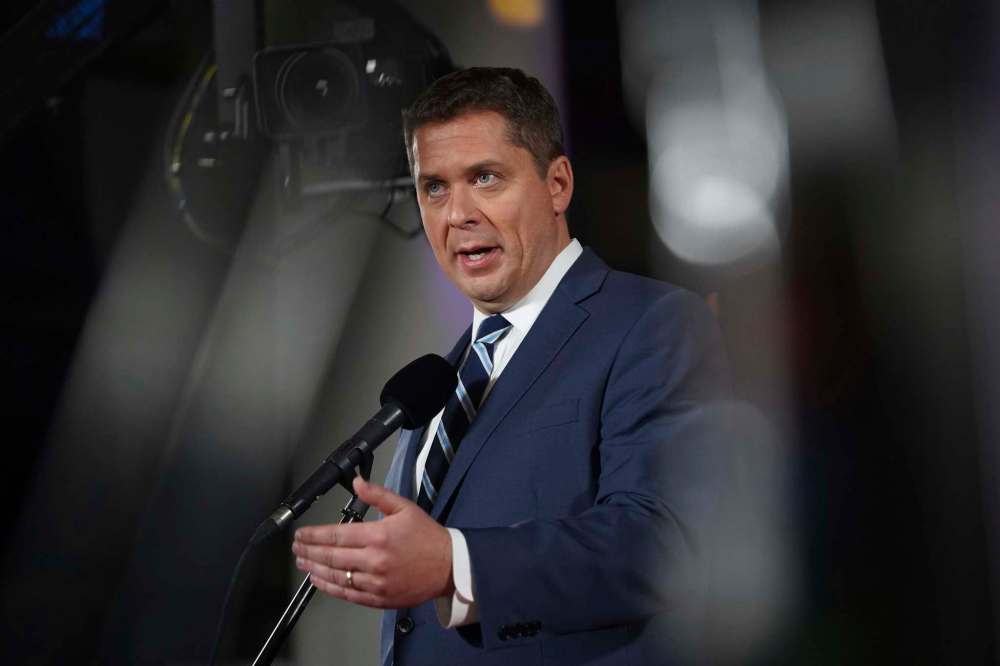
After a great question on implementing the United Nations Declaration on the Rights of Indigenous Peoples, the Truth and Reconciliation Commission of Canada’s calls to action, and the National Inquiry into Missing and Murdered Indigenous Women and Girls’ calls for justice, it became evident Canada’s political leaders barely have a passing knowledge of what the UN declaration means.
Andrew Scheer not only doesn’t understand it but made sweeping complaints, saying “free, prior and informed consent” leaves “a great deal of uncertainty of what that means.”
No, it doesn’t. “Free, prior and informed consent” means the people partnered with for a project, task, or practice determine how and why they will participate via their own means.
The UN declaration is not a description on how Indigenous nations will effectively work under governments such as the U.S. and Canada, but entrenches in international law that Indigenous nations are actual, self-determining, and autonomous nations.
If adopted into Canadian law correctly, it means the end of the Indian Act, the end of the two ministries of Indigenous affairs, and the recognition of independent and sovereign Indigenous nations in partnership with others.
The declaration might facilitate international projects at some point, but federal leaders act as if sovereignty for Indigenous peoples is a done deal. It’s not — and this misunderstanding is the source of most of the “Indigenous issues” in Canada.
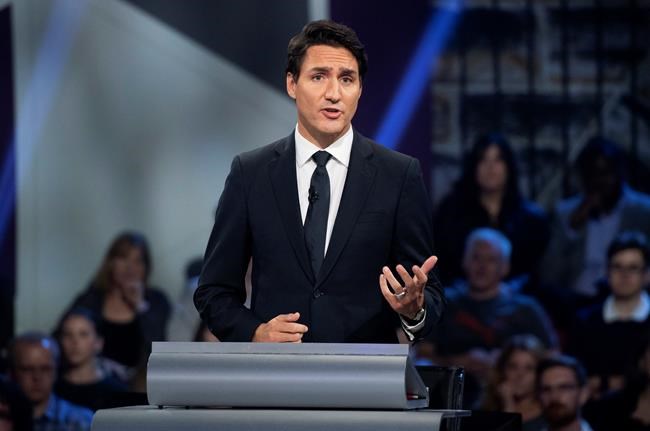
And this was just the beginning of this section of the debate.
The removal of Jody Wilson-Raybould from her role as attorney general/minister of justice was given a moment’s thought, and then collapsed into the usual “protection of jobs” rhetoric.
There was talk on the ongoing appeals to the Canadian Human Rights Tribunal over compensation for Indigenous children and families due to the discrimination they have experienced. The fact Canada’s two natural governing parties agree on this point is shameful.
Bloc Québécois leader Yves-François Blanchet made some interesting points that he would recognize Indigenous nationhood, but only if Quebec nationhood would be, too.
Trudeau touted his record on lifting boil-water advisories on First Nations — prompting the entire Indigenous online world to respond for the umpteenth time that giving people basic, bare-bones living standards is not reconciliation. It is treating people as human beings.
The most meaningful comment on Indigenous issues was made by NDP Leader Jagmeet Singh who addressed his colleagues, saying: “All of the issues that you’ve raised come back to that basic question of respect and dignity.”
Reconciliation was never really discussed. There was barely any talk about Indigenous child welfare, education, language and culture, health or justice.
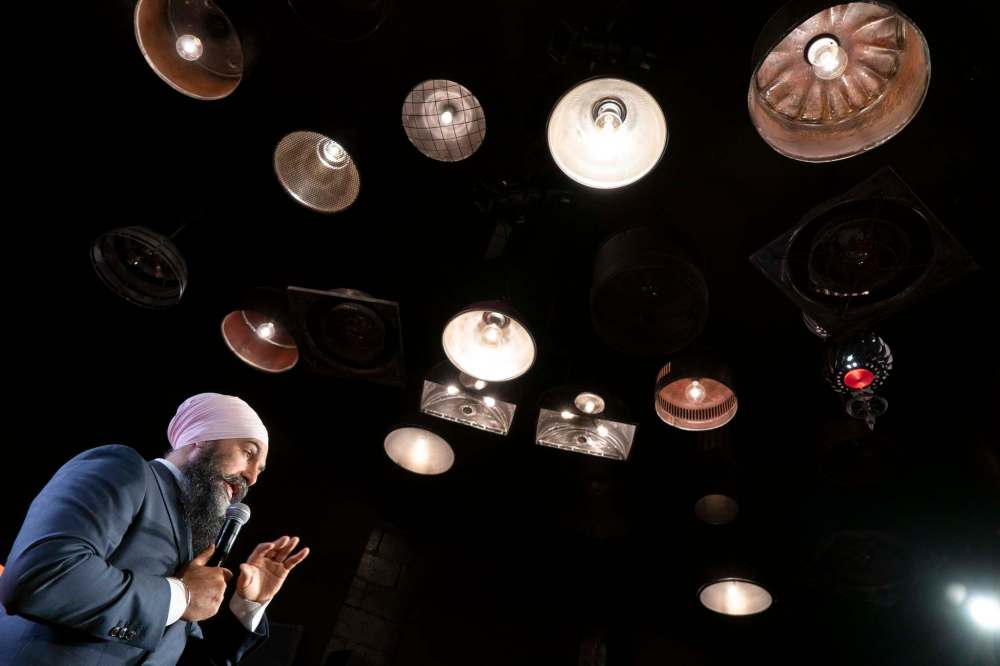
Pipelines don’t belong in a discussion on Indigenous issues. If anything, Indigenous peoples would like instead to speak about the environment we live in, the world we are handing to our children, and changing the oppression and poverty we live with that force us into compromising our traditional and ceremonial commitments to earth, water, land, and air.
Once this is discussed, pipelines become a moot point.
niigaan.sinclair@freepress.mb.ca

Niigaan Sinclair is Anishinaabe and is a columnist at the Winnipeg Free Press.
Our newsroom depends on a growing audience of readers to power our journalism. If you are not a paid reader, please consider becoming a subscriber.
Our newsroom depends on its audience of readers to power our journalism. Thank you for your support.

